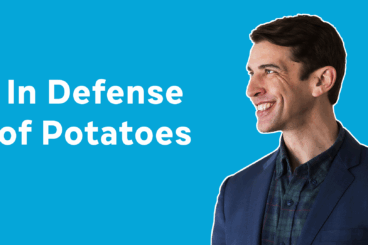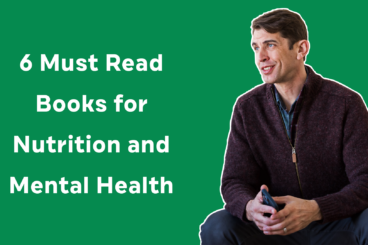 Over the past year, I’ve learned that doing radio interviews is very fun, especially live radio. Unlike written blogs were I hem-and-haw and always miss several typos, radio just happens. I usually get to read a few recent studies the night before like the recent one on the Mediterranean Diet and the risk of Heart Disease and also get to work on clear examples that make sense for everyone. I was very excited to get asked back to The Leonard Lopate show on WNYC. He is a local star of the radio in NYC and just fun to talk with – and he is very generous as a host mentioning both Columbia and my books during our time together.
Over the past year, I’ve learned that doing radio interviews is very fun, especially live radio. Unlike written blogs were I hem-and-haw and always miss several typos, radio just happens. I usually get to read a few recent studies the night before like the recent one on the Mediterranean Diet and the risk of Heart Disease and also get to work on clear examples that make sense for everyone. I was very excited to get asked back to The Leonard Lopate show on WNYC. He is a local star of the radio in NYC and just fun to talk with – and he is very generous as a host mentioning both Columbia and my books during our time together.
Today was the first “Food Fridays”, and I was asked to talk about “superfoods”. I decided I had to bring in some foods and last night brought home several bunches of organic green and red kale, some cacao nibs, and a few others. I made a big batch kale chips this morning for the folks in the studio, which were a hit, and then during a break whipped up my All Kale Caesar! Salad during our mid-show break.
Superfoods really don’t have a formal definition, but generally they are foods with a high nutrient to calorie ratio, meaning a lot of bang for your buck. They also are foods that are packed with phyonutrients like sulfurophane or lycopene. Most people think of plant superfoods, but I insist on adding some seafood and meat to the list as molecules like B12 and the omega-3 fat DHA are so important to health. And so we talked about grassfed beef and mussels.
We covered a wide range of topics from omega-3 fats to cholesterol to nuts. If you missed the live broadcast and want to listen, WNYC posted the show and three great recipes from The Happiness Diet.
This was some of the first media for 50 Shades of Kale which was pretty cool. The staff said the call-in board “lit up” after we started talking about kale!
Take a listen here




